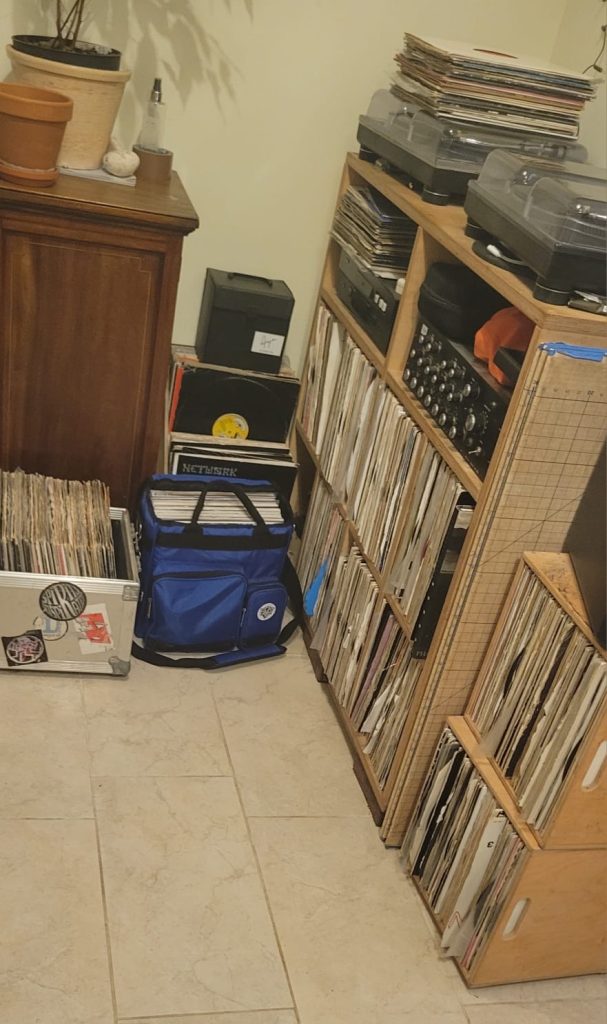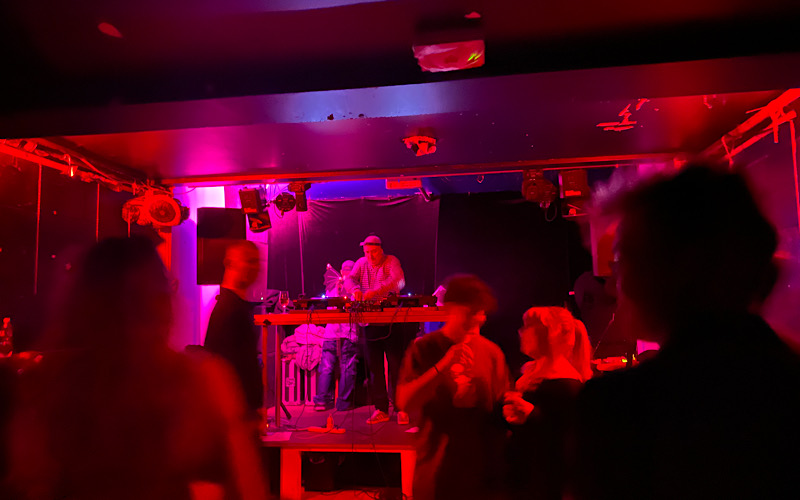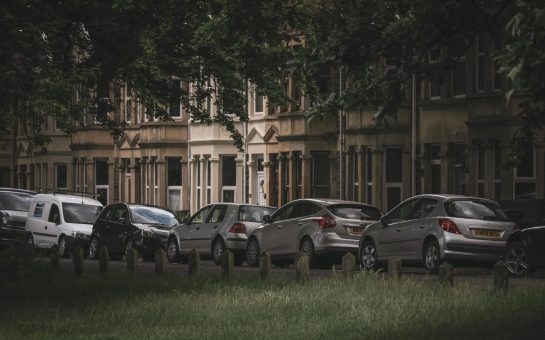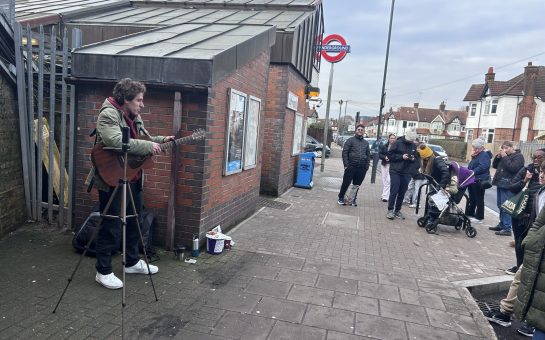Digital DJ’s have replaced vinyl, and now artists feel they have lost the ‘soul’ of spinning.
Born out of technological advancements and creative exploration, DJing used to be about finding a sound specific to an artist and using the turntables and records as the instruments to create unique tracks.
Now, many disc jockeys (DJ’s) use digital tracks, bought in bulk, in the same key to make up their set, paired with controllers that can beat-match for them, meaning some say DJing has become less unique and skilful.
Steve Faulkner, a 56-year-old part-time DJ who uses vinyl, said: “You could not even listen to what you’re mixing and not even know what you’re buying to be able to mix a set in public.
“That’s what’s killing DJing.”
Faulkner, who specialises in electro and acid house, explained that when recording digitally, often the extreme frequencies are lost due to audio clipping whereas analogue records ‘the whole picture’ of sound.
Audio clipping occurs when the audio signal frequencies go beyond what the recording system can handle, which results in a loss of peaks and troughs, creating a less nuanced sound.
This recording technique is becoming increasingly popular as more DJs use digitally recorded tracks rather than shopping for vinyl.
Speaking on the impact of MP3 files, Faulkner argued that the transition into digital has changed the value of records.
Faulkner said: “Your set wasn’t so much what you were playing and how you were playing it.
“It was the blood and tears that you’d spent curating all of those tunes that you had in your collection.”

Faulkner argues that the true art form of DJing comes from the ‘chaos’ of vinyl records, and goes back to the classic idea of using turntables as the instrument to create new sounds.
However, digital turntablism is rising in popularity — which is where a physical turntable is linked to digital audio files so you can manipulate the tracks just like you would with vinyl.
The ease and conventionality of digital files has contributed to its rise in popularity as well as continual technological advancements which have smoothed the process, and now some clubs only accept digital DJ’s.
Faulkner said: “It’s quite liberating to go to a club with a USB stick in the back of your jean pocket and not carry loads of records, but to be honest, the experience is nowhere near as good.”
He finds the true spirit of DJing in the ‘unpredictability’ of records and their real-world presence.
He added that their tactility gives them their value as they are able to be dropped, scratched and ruined, they have to be cared for.
He said: “I want to see a DJ playing records and I want to see him sweating, trying to get them in time and dropping them and having fun.
“Digital breeds mediocrity, but in the right hands it can be cutting-edge.”
Feature Image credit: Valerie Raguy Dunn





Join the discussion